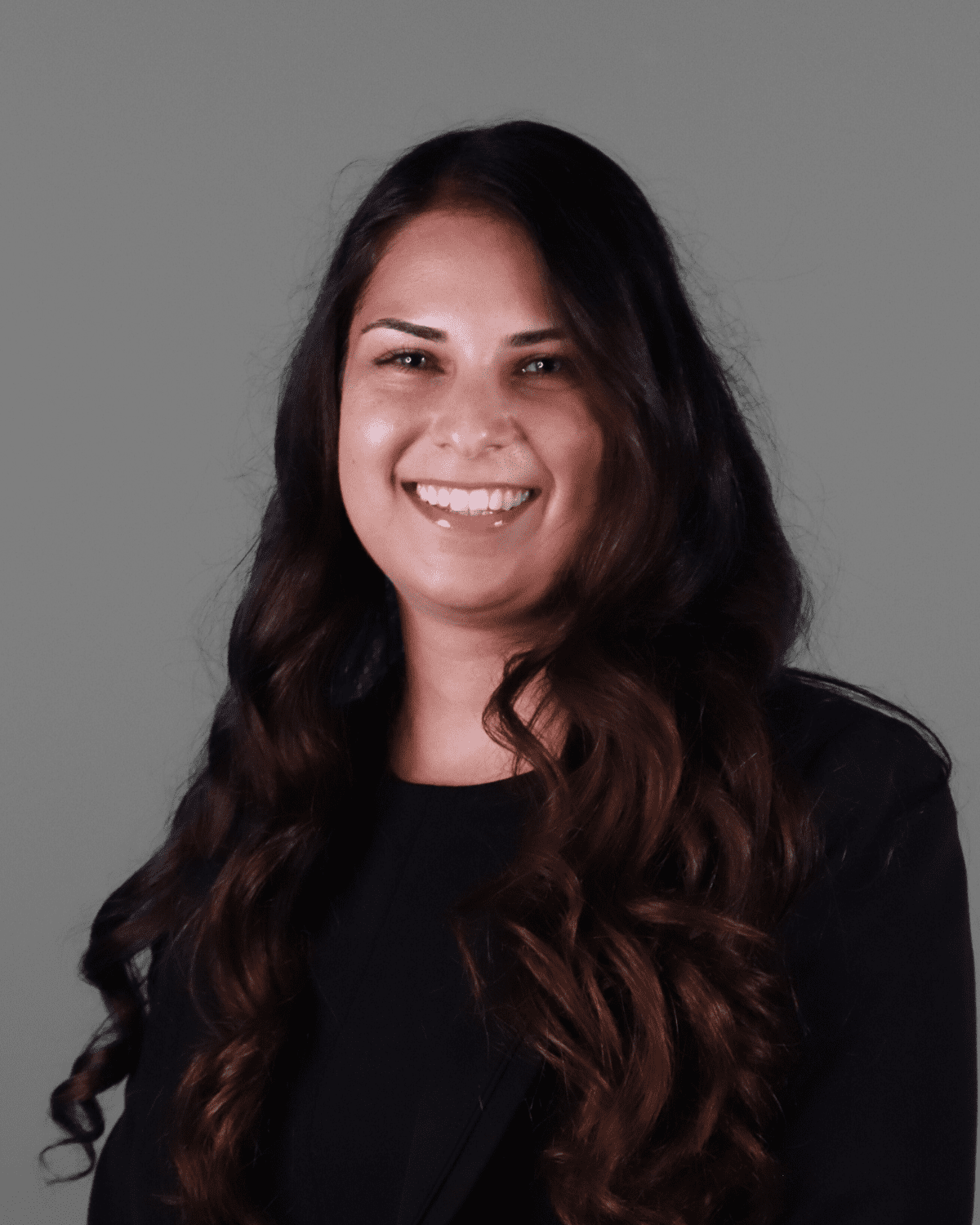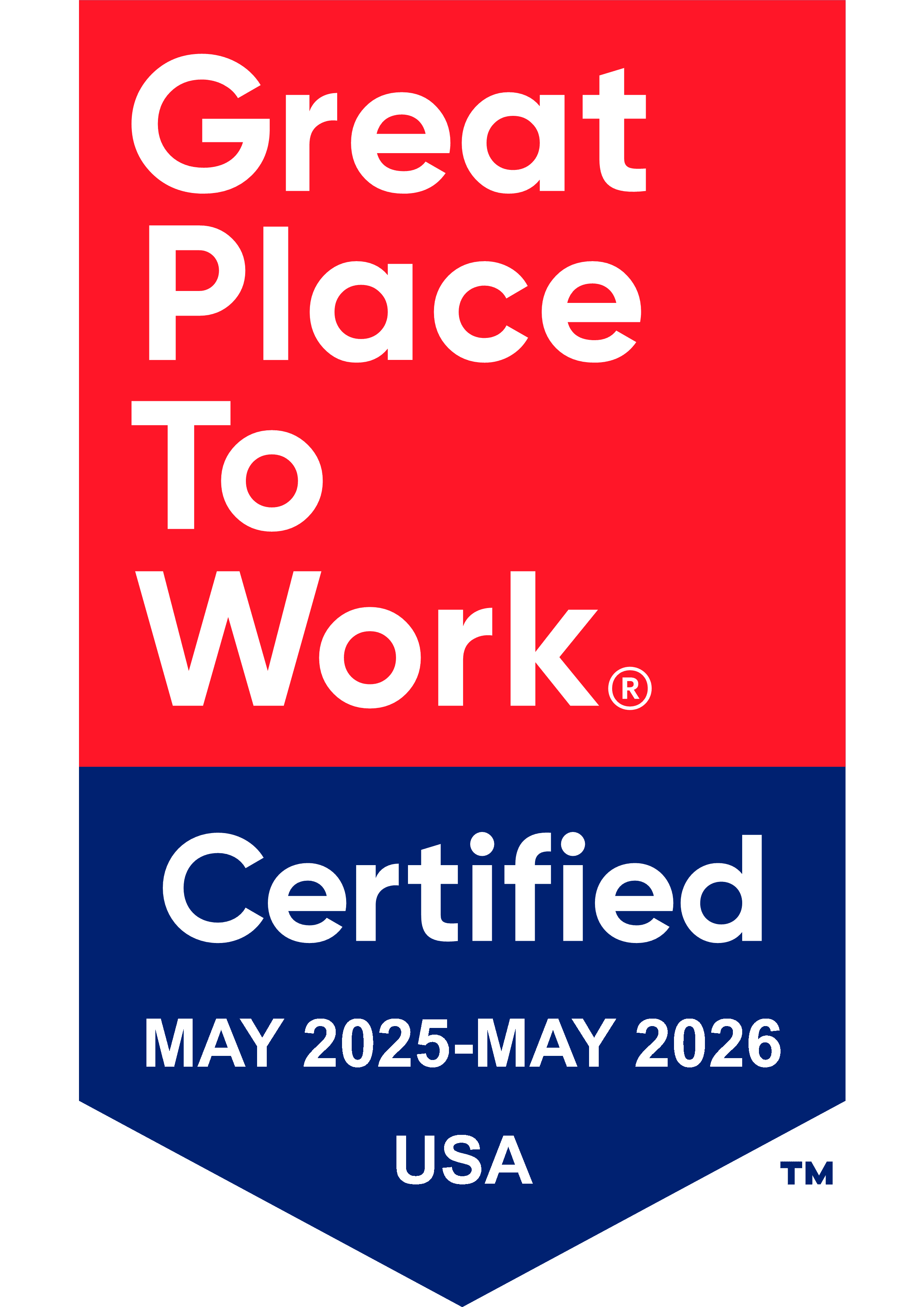CADCA is committed to developing and advancing the capacity of individuals, organizations and institutions globally in the pursuit of building safe, healthy and drug-free communities. For the last six years, CADCA’s International Programs has hosted fellows from the Hubert H. Humphrey Fellowship Program for the purpose of completing a professional affiliation in the area of drug prevention.
The Humphrey Fellowship provides a 10-month, non-degree, academic study program for professional enrichment in the United States for experienced professionals from designated developing countries. As a Fulbright exchange activity, the program hopes to foster a mutual exchange of knowledge and understanding about issues of common concern in the U.S. and the fellows’ home countries. It has produced more than 5,600 fellows from 157 countries since its inception 30 years ago. Past fellows have been integral in creating two coalitions in Togo, two coalitions in Uganda and 4 communities are working to develop coalitions in Mauritius.
This year, CADCA is pleased to announce and welcome three Humphrey Fellows from the 2017-2018 cohort at Virginia Commonwealth University (VCU) who have selected the organization as part of their professional affiliation experience.

Martin Agwogie, Ph.D.
Zaria, Nigeria

Ayesha Al Hosani
Abu Dhabi, United Arab Emirates

Rabia Hanif
Karachi, Pakistan
During their professional affiliation at CADCA, the Humphrey Fellows will network with CADCA staff and leadership and conduct site visits to local community coalitions in the Washington, D.C., metropolitan area. Fellows will have the opportunity to meet with federal partners at the Office of National Control Policy, the Substance Abuse and Mental Health Services Administration and others to learn all about the community coalition model as it has developed in the United States within the national prevention infrastructure through the Drug-Free Communities Support Program.
The three fellows will be working closely with CADCA’s International Programs staff, learning in-depth about the adaptation of the community coalition model globally. Specifically, they will learn about its adoption at the local and national levels in countries such as Mexico, Peru, the Philippines, Ghana, Tajikistan and more. Upon completion of their study, they will return to their home countries with a plan, informed by CADCA’s methodology and its unique country case studies, to develop their own coalitions and enrich the international prevention landscape.


